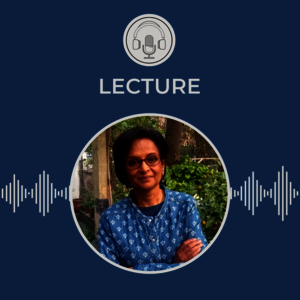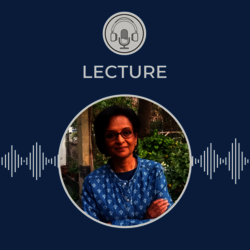 GHIL Podcast
GHIL Podcast

GHIL Lecture
Radhika Singha
International Penology in Colonial India: Too Advanced, Too American, Too Expensive?
1 August 2024
(0:43 h)

GHIL Lecture
Radhika Singha
International Penology in Colonial India: Too Advanced, Too American, Too Expensive?
The Indian Jail Committee report of 1919–20 is often cast as the turning point in colonial penal policy, when reform and rehabilitation were added to deterrence. But it is also acknowledged that very little changed on the ground. Why after all did a cash-strapped, politically-besieged regime sponsor a globe-trotting tour of jails and reformatories? Why did the committee return to enthuse about ‘flexible or indeterminate sentencing’, a principle embraced in the USA but faltering in Britain? To deflect criticism about the harsh treatment of ‘seditionist’ prisoners, the Jail Committee recast spaces of confinement as sites for agendas of post-war economic, institutional, and civic reconstruction. It presented a combined vision of confinement and social engineering that was taken up by colonial successor regimes.
Radhika Singha taught modern and contemporary Indian history at Jawaharlal Nehru University, Delhi until her retirement. She is currently a visiting Professor at Shiv Nadar University, Greater Noida. Her research focuses on colonial criminal law, colonial identification practices and protocols, and borders and border-crossing, and it often intersects with labour history. She is currently working on criminology and ‘scientific’ penology in India 1894–1955, and the Foreigners Act and deportability in colonial India.
Don't miss the accompanying interview: In this GHIL Podcast episode host Kim König is joined by GHIL Senior Fellow and Head of the India Research Programme Indra Sengupta to talk to Radhika Singha about her recent GHIL lecture and her research on criminology and 'scientific' penology in India, 1894-1955. Their conversation touches on criminal and labour histories, and seeks to answer the question of how the history of colonial India can be written into broader global histories.